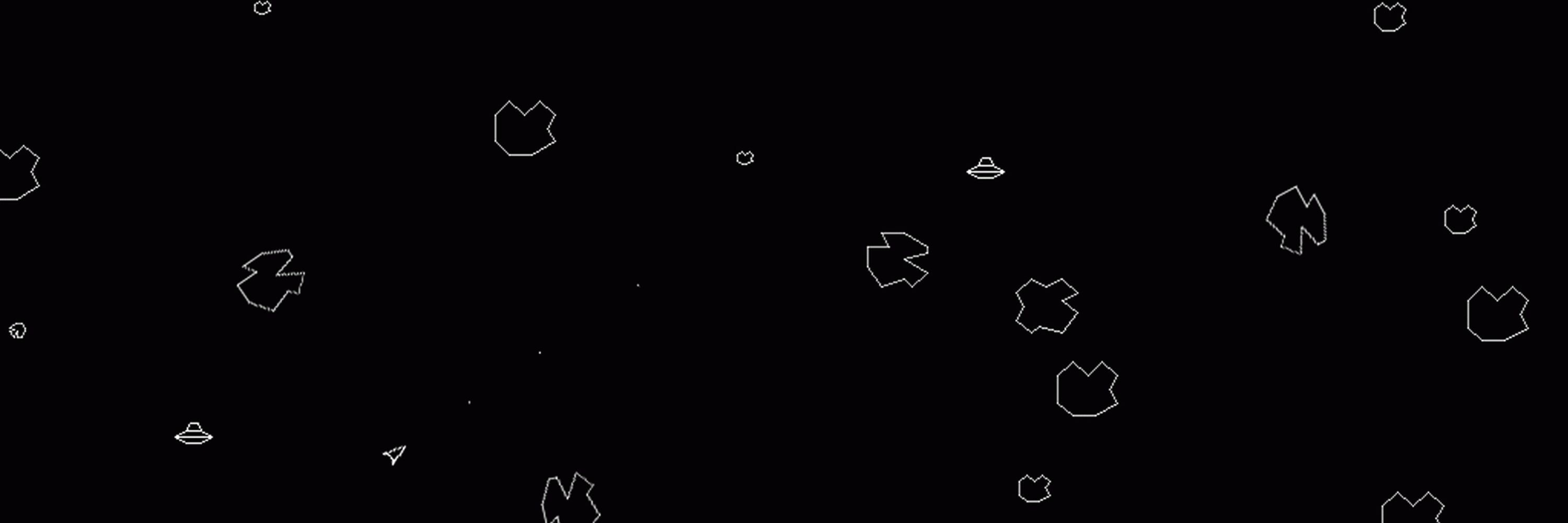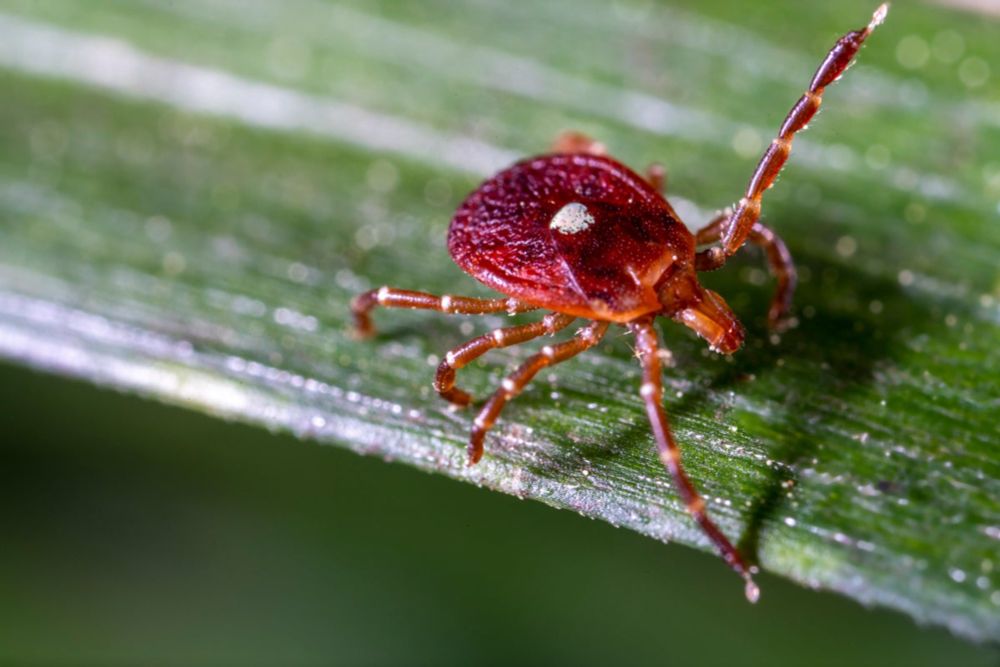




The U.S. Office of the Director of National Intelligence released long-promised records related to vanished pioneering aviator Amelia Earhart. More records are promised on a rolling basis
www.scientificamerican.com/article/amel...

The U.S. Office of the Director of National Intelligence released long-promised records related to vanished pioneering aviator Amelia Earhart. More records are promised on a rolling basis
www.scientificamerican.com/article/amel...

The man, who died in 2024 after eating a burger, had alpha-gal syndrome, a bizarre disease triggered by tick bites.
www.scientificamerican.com/article/man-...

The man, who died in 2024 after eating a burger, had alpha-gal syndrome, a bizarre disease triggered by tick bites.
www.scientificamerican.com/article/man-...
But for real, fascinating science on how we might be seeing the very early stages of domestication in action in wild animals. 🧪
By @marinacoladas.bsky.social for @sciam.bsky.social

But for real, fascinating science on how we might be seeing the very early stages of domestication in action in wild animals. 🧪
By @marinacoladas.bsky.social for @sciam.bsky.social
After delays, Jeff Bezos’ rocket company successfully launched a NASA mission to study Mars on Thursday.
www.scientificamerican.com/article/blue...

After delays, Jeff Bezos’ rocket company successfully launched a NASA mission to study Mars on Thursday.
www.scientificamerican.com/article/blue...

www.scientificamerican.com/article/alar...

www.scientificamerican.com/article/alar...

A cosmic explosion known as GRB 250702B is by far the longest gamma-ray burst astronomers have ever seen—if it’s even one at all.
By @whereisyvette.bsky.social.
www.scientificamerican.com/article/long...

A cosmic explosion known as GRB 250702B is by far the longest gamma-ray burst astronomers have ever seen—if it’s even one at all.
By @whereisyvette.bsky.social.
www.scientificamerican.com/article/long...




www.scientificamerican.com/article/did-...

www.scientificamerican.com/article/did-...


www.scientificamerican.com/article/why-...

www.scientificamerican.com/article/why-...



🆓 🎟️ www.eventbrite.com/e/the-scient...
🆓 🎟️ www.eventbrite.com/e/the-scient...

